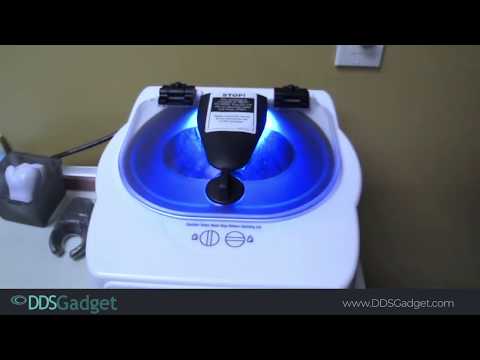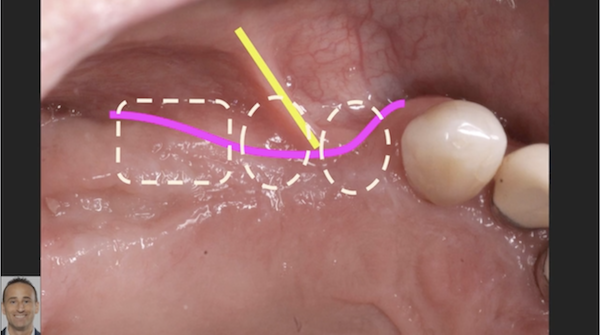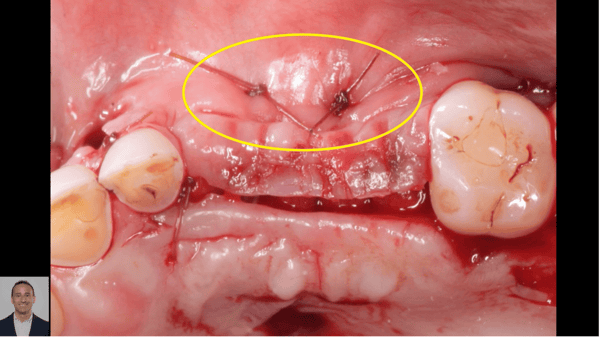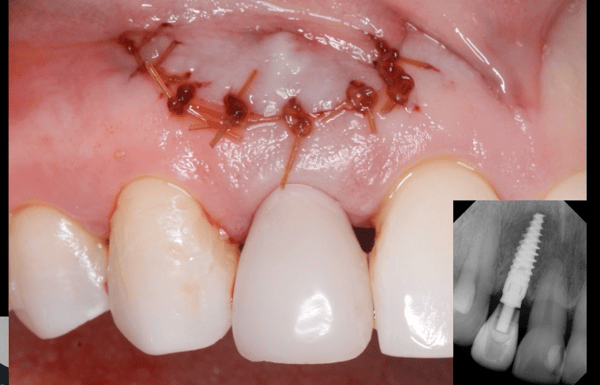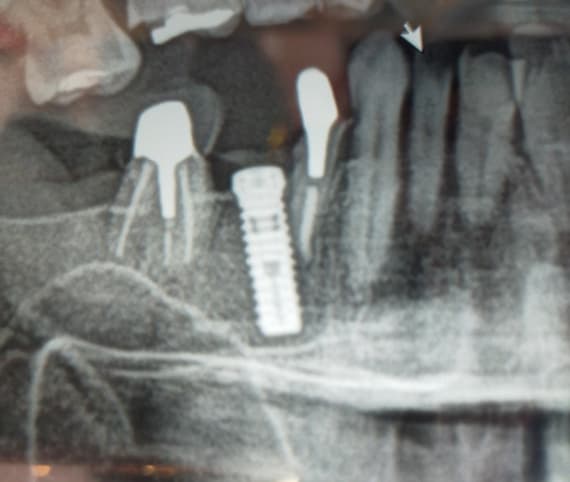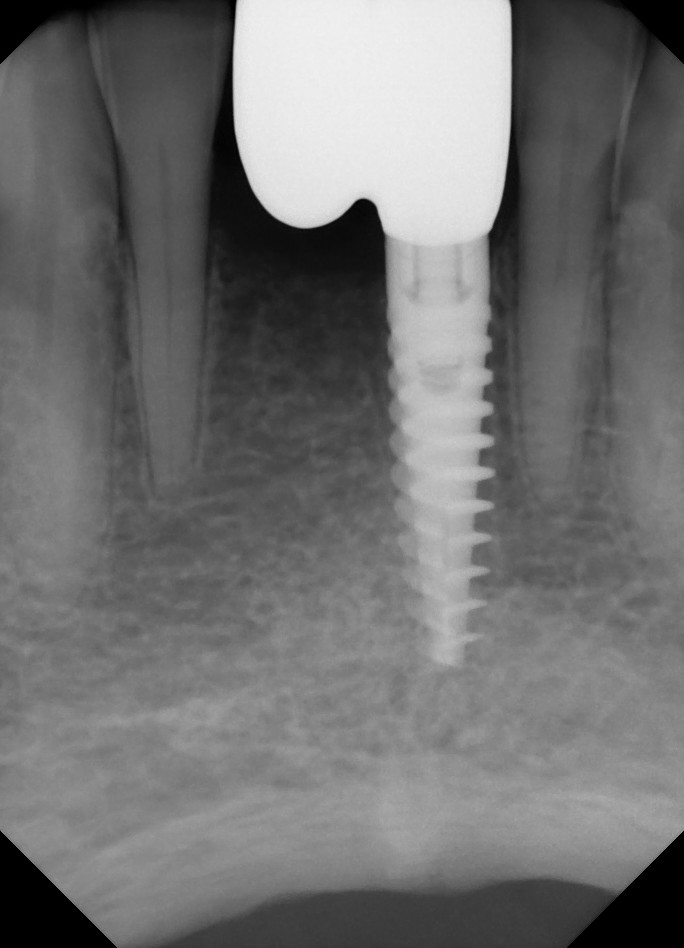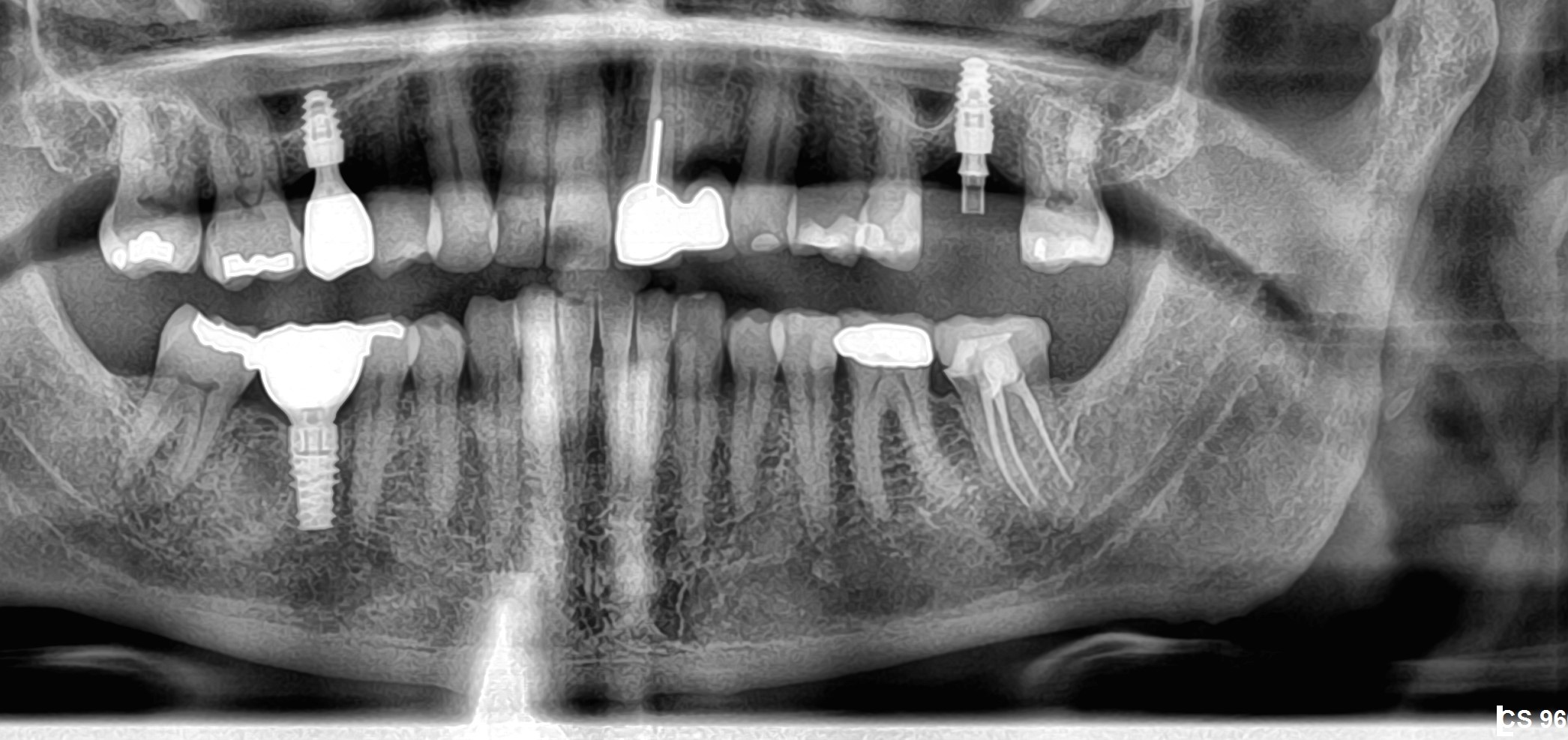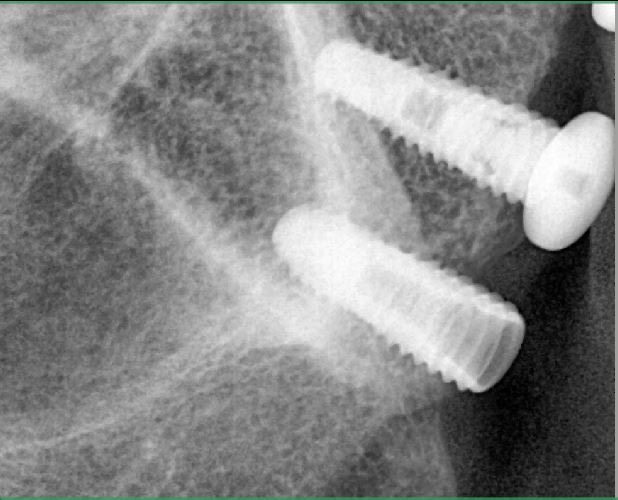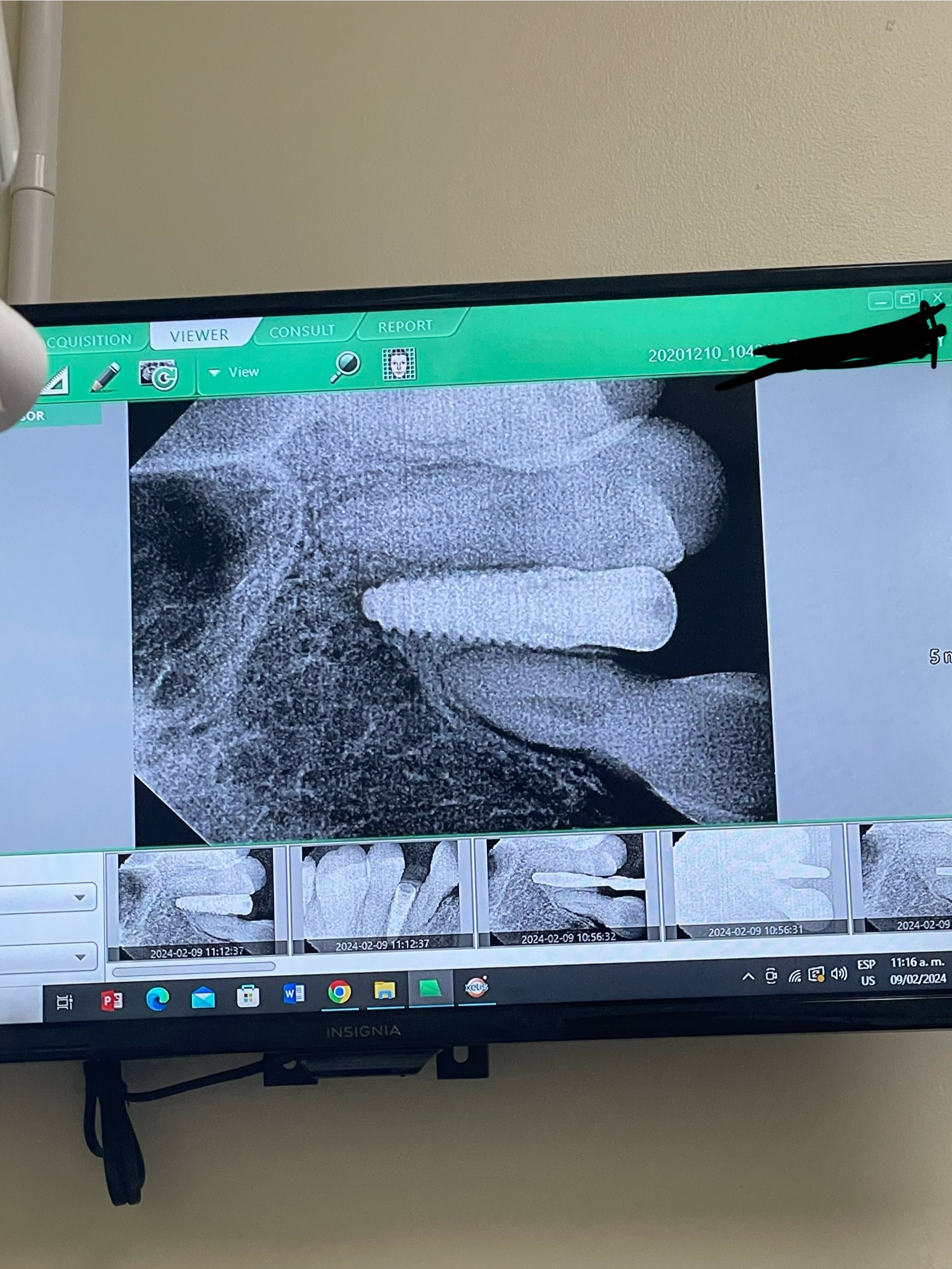Has the Removable Partial Denture Become Obsolete?
Dr. U. asks:
At a recent national dental meeting, the question arose in one of my dental implant courses about the destructive nature of removable partial dentures with cast metal frameworks and clasps.
One current line of thinking emerged that placed this kind of prosthesis in a unique perspective. Since we did not have any other means for replacing teeth in partially edentulous circumstances that were not favorable to bridges, the removable partial denture was the only alternative. But the destructive nature of removable partial dentures has not been fully appreciated and they destroy many abutment teeth.
Now with the advent of implants, has the removable partial denture become obsolete? Can we still ethically recommend it for treatment when we know what it does to abutment teeth over the long term? I have been in dentistry almost 40 years. I have so many partial dentures and bridges fail and take their abutment teeth with them. With implant dentistry, have we entered a new age?





